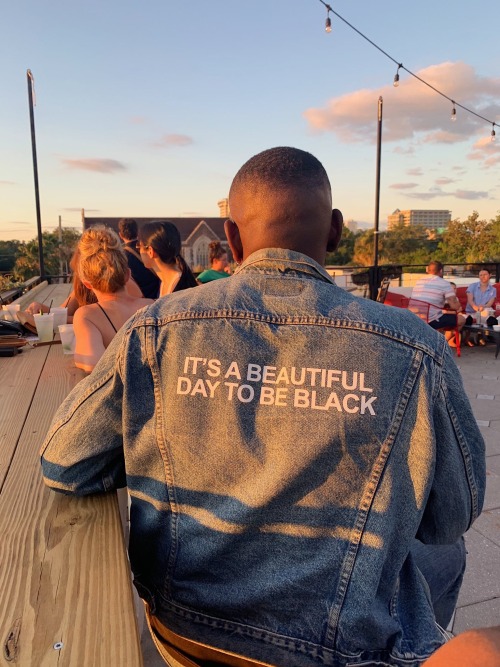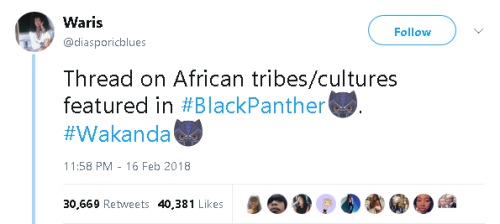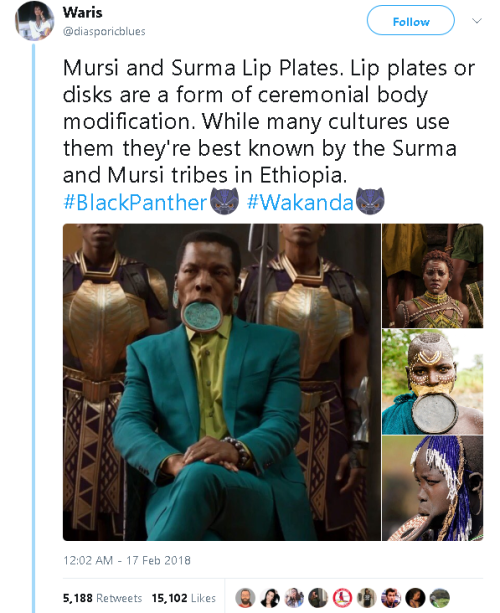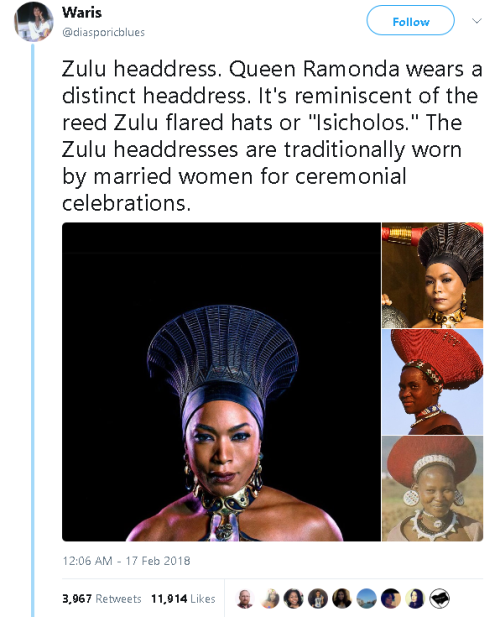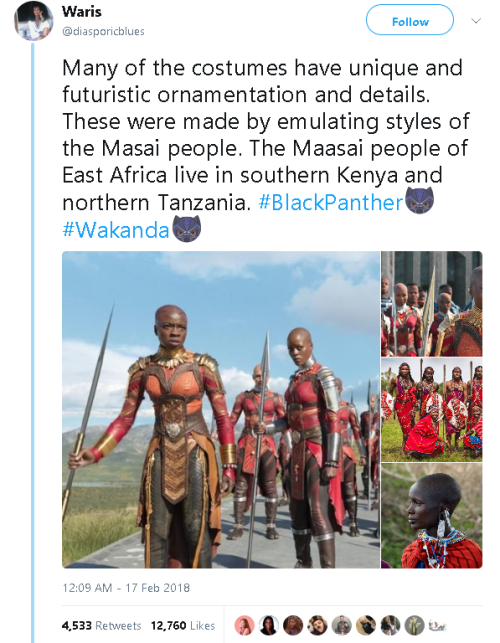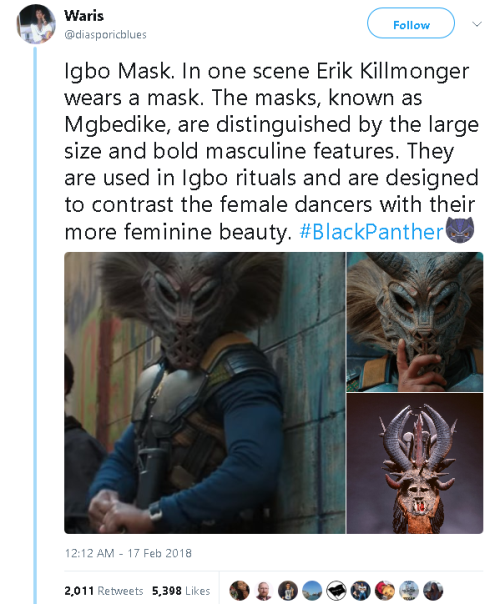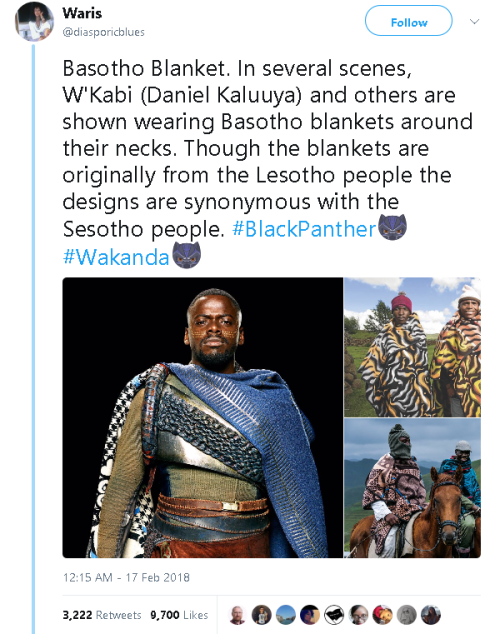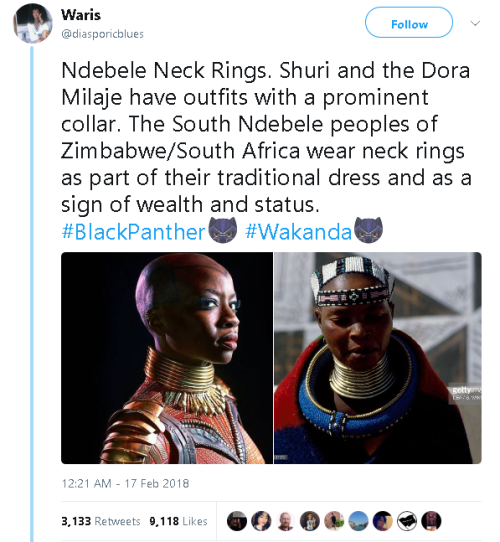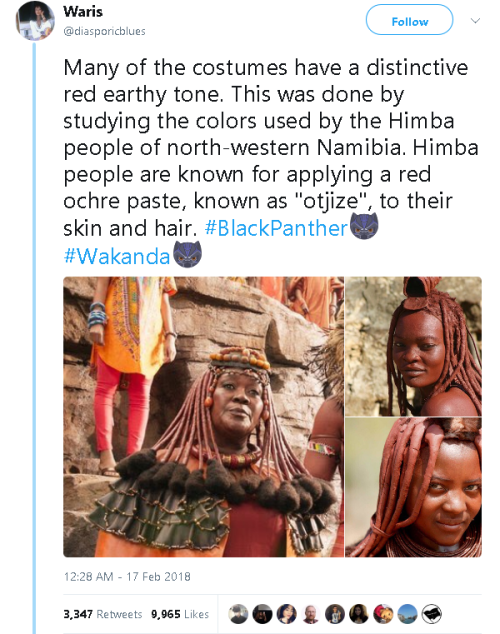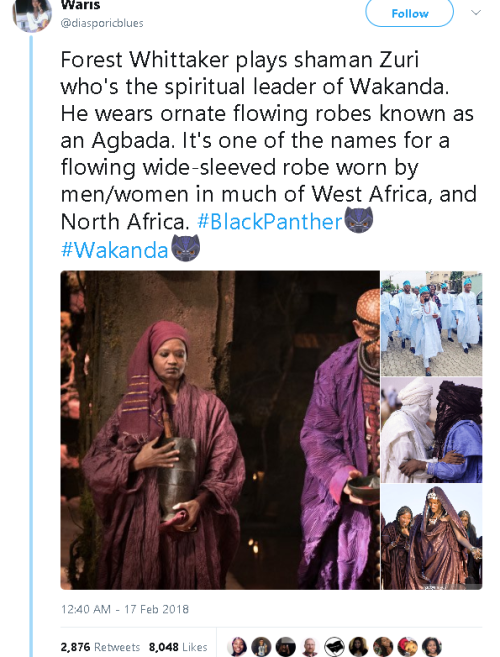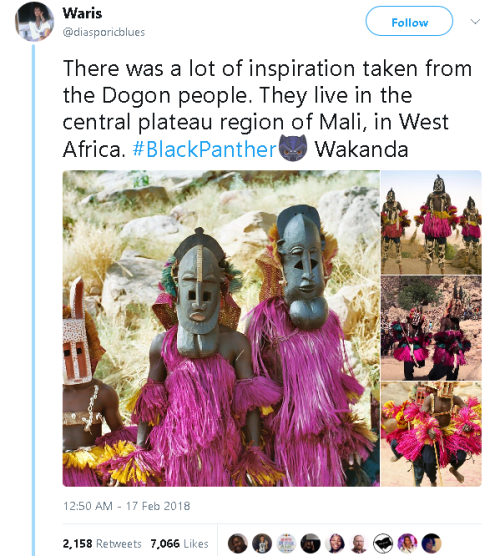Black Excellence - Tumblr Posts
Happy Juneteenth✊🏿✊🏾✊🏽✊🏼✊🏻

Happy Juneteenth Tumblr✊🏿✊🏾✊🏽✊🏼

The greatest gymnast of all time, Simone Biles, took an apparent jab at former Pres. trump early Friday, posting on X, "I love my black job," in response to a post about her winning the gold medal in the women's gymnastics individual all-around hours earlier.
The comments came after trump used the term "Black jobs" during an appearance at the National Association of Black Journalists Conference.
Please repost!
Palestine, Sudan, Congo, many more. All are war crimes and acts against humanity.







Thank you @action for featuring my art on your blog!
Ever wonder who decided Black History Month would be in February?
Well, meet Dr. Carter G. Woodson!

Dr. Carter G. Woodson, Historian | December 19, 1875–April 3, 1950
“Those who have no record of what their forebears have accomplished lose the inspiration which comes from the teaching of biography and history.”
A son of former slaves, Dr. Woodson earned a Ph.D. from Harvard, was a pioneer in the study of African-American history, and was named “The Father of Black History.”
Back in 1926, Black History Month was celebrated during the second week of February and was known as Negro History Week. In 1976, that week evolved into Black History Month.
So why February?
Dr. Woodson chose the second week of February in commemoration of the birthdays of abolitionist Frederick Douglass (February 14) and President Abraham Lincoln, who signed the Emancipation Proclamation abolishing slavery in the southern states (February 12).
Original portrait by Tumblr Creatr @persistheillustrator
“Dr. Carter G. Woodson is known as the creator of Black History Month. If it wasn’t for him, we wouldn’t know about black individuals who helped contribute to the progress of mankind. I wanted my painting to show that he deserves more recognition as a symbol of African-American history.“
-@persistheillustrator
I don't think I could explain with words how much i weeped at this announcement. like,,, LOOK AT HER
CONFIRMED 🎉👩🏾⚖️

Judge Ketanji Brown Jackson will become the 116th Associate Justice of the US Supreme Court and the FIRST Black woman to sit in the highest court.
image source
I didn't get to say it when it started so I just wanted to say Happy Kwanzaa to the people who celebrate it. Also I wanted to say it so people know about it and it gets the recognition it deserves.

I know I'm really really late on this but I been going through some things but anyway Happy Black History Month, even though black history is and should be talked about everyday, all year around. And should be talked about in schools more then one month and go deeper into the history then the normal constant activist they teach about.


I'm a day late on this but Happy Black History Month!!! Even though it should be every day and every month that people should learn and know about us beautiful black people. ❤️🖤💚✊🏽




FATHER & SON: James Earl Jones with his Father Robert Earl Jones on Stage in the 1962 Production "Moon on a Rainbow Shawl."
Robert Earl Jones (February 3, 1910 – September 7, 2006), sometimes credited as Earl Jones, was an American actor and professional boxer. One of the first prominent Black film stars, Jones was a living link with the Harlem Renaissance of the 1920s and 1930s, having worked with Langston Hughes early in his career.
Jones was best known for his leading roles in films such as Lying Lips (1939) and later in his career for supporting roles in films such as The Sting (1973), Trading Places (1983), The Cotton Club (1984), and Witness (1985).
Jones was born in northwestern Mississippi; the specific location is unclear as some sources indicate Senatobia, while others suggest nearby Coldwater. He left school at an early age to work as a sharecropper to help his family. He later became a prizefighter. Under the name "Battling Bill Stovall", he was a sparring partner of Joe Louis.
Jones became interested in theater after he moved to Chicago, as one of the thousands leaving the South in the Great Migration. He moved on to New York by the 1930s. He worked with young people in the Works Progress Administration, the largest New Deal agency, through which he met Langston Hughes, a young poet and playwright. Hughes cast him in his 1938 play, Don't You Want to Be Free?.
Jones also entered the film business, appearing in more than twenty films. His film career started with the leading role of a detective in the 1939 race film Lying Lips, written and directed by Oscar Micheaux, and Jones made his next screen appearance in Micheaux's The Notorious Elinor Lee (1940). Jones acted mostly in crime movies and dramas after that, with such highlights as Wild River (1960) and One Potato, Two Potato (1964). In the Oscar-winning 1973 film The Sting, he played Luther Coleman, an aging grifter whose con is requited with murder leading to the eponymous "sting". In the later 20th century, Jones appeared in several other noted films: Trading Places (1983) and Witness (1985).
Toward the end of his life, Jones was noted for his stage portrayal of Creon in The Gospel at Colonus (1988), a black musical version of the Oedipus legend. He also appeared in episodes of the long-running TV shows Lou Grant and Kojak. One of his last stage roles was in a 1991 Broadway production of Mule Bone by Hughes and Zora Neale Hurston, another important writer of the Harlem Renaissance. His last film was Rain Without Thunder (1993).
Although blacklisted by the House Un-American Activities Committee in the 1950s due to involvement with leftist groups, Jones was ultimately honored with a lifetime achievement award by the U.S. National Black Theatre Festival.
Jones was married three times. As a young man, he married Ruth Connolly (died 1986) in 1929; they had a son, James Earl Jones. Jones and Connolly separated before James was born in 1931, and the couple divorced in 1933. Jones did not come to know his son until the mid-1950s. He adopted a second son, Matthew Earl Jones. Jones died on September 7, 2006, in Englewood, New Jersey, from natural causes at age 96.
THEATRE
1945 The Hasty Heart (Blossom) Hudson Theatre, Broadway
1945 Strange Fruit (Henry) McIntosh NY theater production
1948 Volpone (Commendatori) City Center
1948 Set My People Free (Ned Bennett) Hudson Theatre, Broadway
1949 Caesar and Cleopatra (Nubian Slave) National Theatre, Broadway
1952 Fancy Meeting You Again (Second Nubian) Royale Theatre, Broadway
1956 Mister Johnson (Moma) Martin Beck Theater, Broadway
1962 Infidel Caesar (Soldier) Music Box Theater, Broadway
1962 The Moon Besieged (Shields Green) Lyceum Theatre, Broadway
1962 Moon on a Rainbow Shawl (Charlie Adams) East 11th Street Theatre, New York
1968 More Stately Mansions (Cato) Broadhurst Theatre, Broadway
1975 All God's Chillun Got Wings (Street Person) Circle in the Square Theatre, Broadway
1975 Death of a Salesman (Charley)
1977 Unexpected Guests (Man) Little Theatre, Broadway
1988 The Gospel at Colonus (Creon) Lunt-Fontanne Theatre, Broadway
1991 Mule Bone (Willie Lewis) Ethel Barrymore Theatre, Broadway
FILMS
1939 Lying Lips (Detective Wenzer )
1940 The Notorious Elinor Lee (Benny Blue)
1959 Odds Against Tomorrow (Club Employee uncredited)
1960 Wild River (Sam Johnson uncredited)
1960 The Secret of the Purple Reef (Tobias)
1964 Terror in the City (Farmer)
1964 One Potato, Two Potato (William Richards)
1968 Hang 'Em High
1971 Mississippi Summer (Performer)
1973 The Sting (Luther Coleman)
1974 Cockfighter (Buford)
1977 Proof of the Man (Wilshire Hayward )
1982 Cold River (The Trapper)
1983 Trading Places (Attendant)
1983 Sleepaway Camp (Ben)
1984 The Cotton Club (Stage Door Joe)
1984 Billions for Boris (Grandaddy)
1985 Witness (Custodian)
1988 Starlight: A Musical Movie (Joe)
1990 Maniac Cop 2 (Harry)
1993 Rain Without Thunder (Old Lawyer)
TELEVISION
1964 The Defenders (Joe Dean) Episode: The Brother Killers
1976 Kojak (Judge) Episode: Where to Go if you Have Nowhere to Go?
1977 The Displaced Person (Astor) Television movie
1978 Lou Grant (Earl Humphrey) Episode: Renewal
1979 Jennifer's Journey (Reuven )Television movie
1980 Oye Ollie (Performer) Television series
1981 The Sophisticated Gents (Big Ralph Joplin) 3 episodes
1982 One Life to Live
1985 Great Performances (Creon) Episode: The Gospel at Colonus
1990 True Blue (Performer) Episode: Blue Monday




Viewing this post made a click in my head over something earlier today.
Basically, it was a drag queen (a white one, specifically) talking about a recent situation, where a black braid maker would willingly box braid a white girl's head (it is worth remembering that this situation occurred in Brazil, a country where the work of braid maker is not as valued, due to its black origins).
In short, she took away all the racial context of the cultural appropriation discussion and just said that cultural appropriation only happens when it comes to media/corporations (which is something that the braid maker also said).
And I knew that something about that video wasn't right, something was off and I couldn't tell what was it, specially because many people were agreeing with her in the comments. But your post, thank you lord for your post.









In many cultures, ethnic groups, and nations around the world, hair is considered a source of power and prestige. African people brought these traditions and beliefs to the Americas and passed them down through the generations.
In my mother’s family (Black Americans from rural South Carolina) the women don’t cut their hair off unless absolutely necessary (i.e damage or routine trimming). Long hair is considered a symbol of beauty and power; my mother often told me that our hair holds our strength and power. Though my mother’s family has been American born for several generations, it is fascinating to see the beliefs and traditions of our African ancestors passed down. We are emotionally and spiritually attached to our hair, cutting it only with the knowledge that we are starting completely clean and removing stagnant energy.
Couple this with the forced removal and covering of our hair from the times of slavery and onward, and you can see why so many Black women and men alike take such pride and care in their natural hair and love to adorn our heads with wigs, weaves, braids, twists, accessories, and sharp designs.
Hair is not just hair in African diaspora cultures, and this is why the appropriation and stigma surrounding our hair is so harmful.


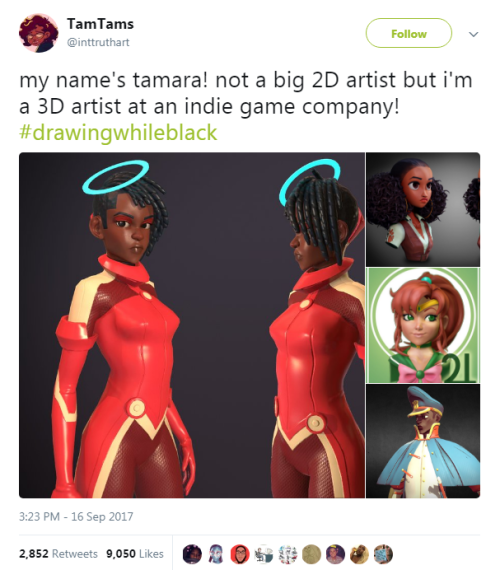
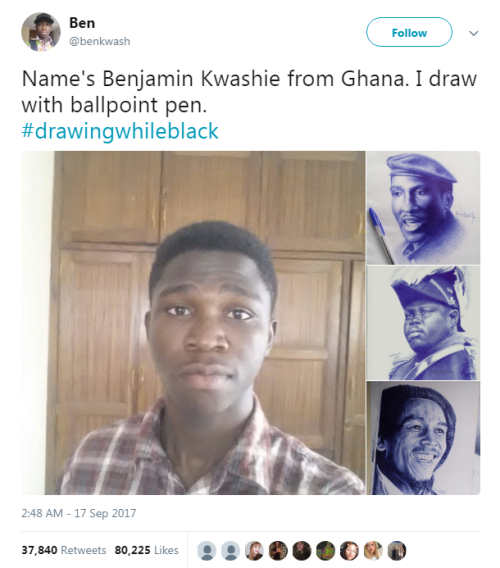
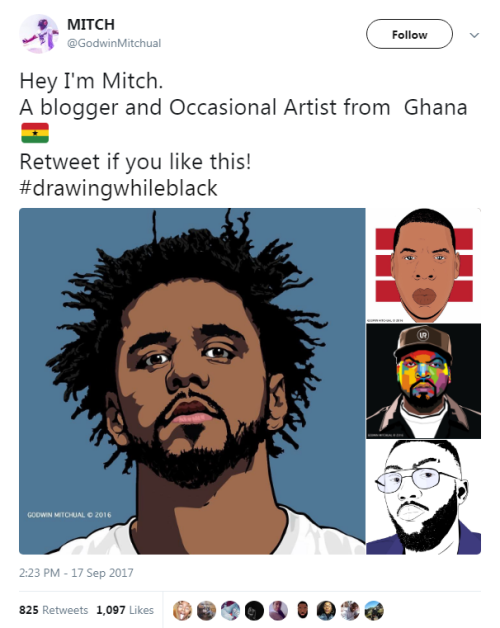
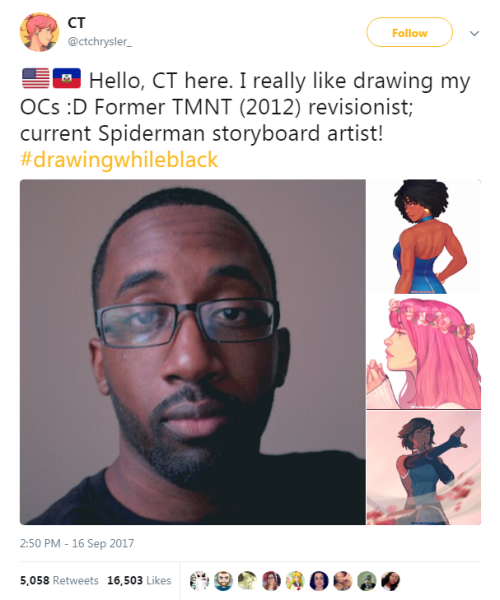

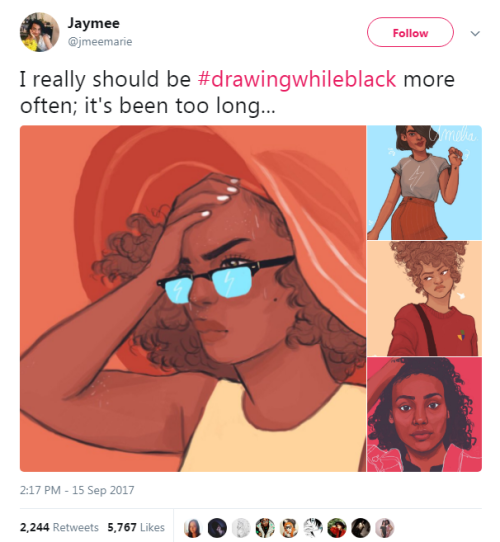
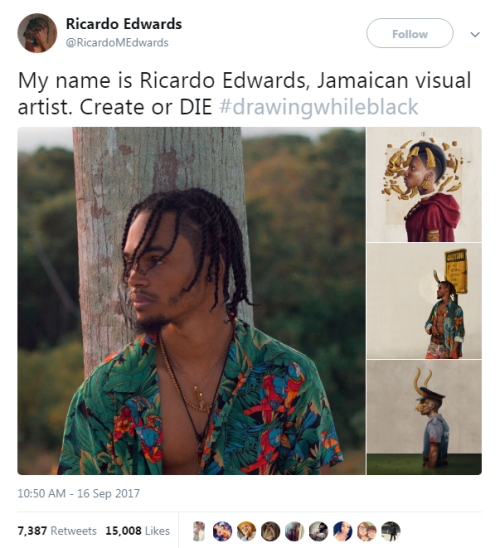
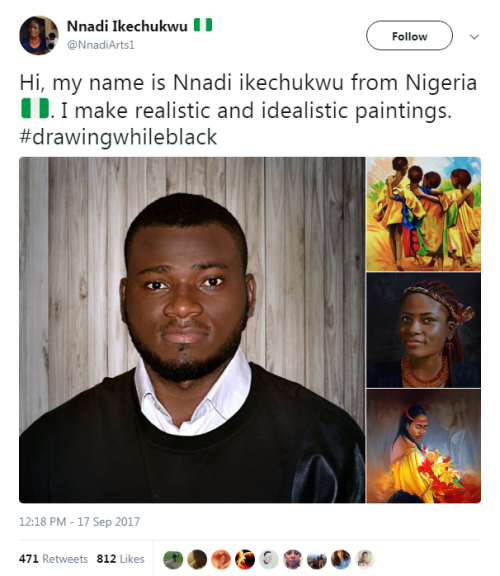
Support and cop from these talented Black artists ✊🏾✊🏾✊🏾
Links: 1 (x/x), 2 (x/x), 3 (x/x), 4 (x/x), 5 (x), 6 (x/@ctchrysler), 7(x), 8(x/x), 9 (x), 10 (x/x)
